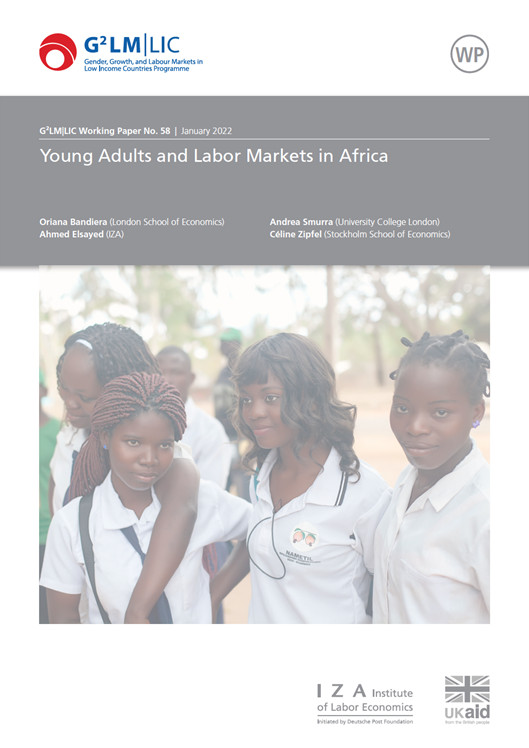Today, 1 in 5 new jobseekers have been born in Africa, by 2050 this ratio will have changed to 1 in 3. It is evident that by such a shift, societal and economic problems in the continent will worsen the longer jobseekers are not met with more job opportunities, i.e., that the employment demand is matched with a corresponding supply. Overcoming the vicious cycle and traps of an apparently unchanging dominance, in terms of quantity, of microenterprises and self-employed workers, makes structural change harder.
Making use of the dataset of the Jobs of the World Project, this Paper therefore attempts to analyse the trends in Labor Markets in Africa, by comparing their stage and structure to the one in other low- and middle-income countries. The dataset is constructed and harmonized using Demographic and Health Surveys from countries and IPUMS Censuses; both since 1990. In its analysis, the paper is able to describe the fact that the development process entails a transformation in the organization of labor: From micro-entrepreneurs to salaried workers in large firms. While this is the case when investigating the whole set of countries used for the paper, a striking stylized fact for African ones is that employment rates are similar at similar levels of development, but that young Adults in Africa are less likely to have a salaried job, especially when the size of the cohort is large. Read the detailed Working Paper here.
